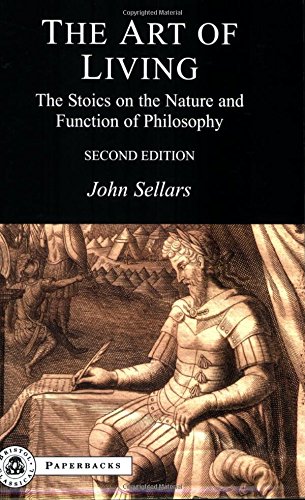

Most ebook files are in PDF format, so you can easily read them using various software such as Foxit Reader or directly on the Google Chrome browser.
Some ebook files are released by publishers in other formats such as .awz, .mobi, .epub, .fb2, etc. You may need to install specific software to read these formats on mobile/PC, such as Calibre.
Please read the tutorial at this link. https://ebooknice.com/page/post?id=faq
We offer FREE conversion to the popular formats you request; however, this may take some time. Therefore, right after payment, please email us, and we will try to provide the service as quickly as possible.
For some exceptional file formats or broken links (if any), please refrain from opening any disputes. Instead, email us first, and we will try to assist within a maximum of 6 hours.
EbookNice Team

Status:
Available0.0
0 reviewsIt is a commonplace to say that in antiquity philosophy was conceived as a way of life or an art of living, but precisely what such claims amount to has remained unclear. If ancient philosophers did think that philosophy should transform an individual's way of life, then what conception of philosophy stands behind this claim? John Sellars explores this question via a detailed account of ancient Stoic ideas about the nature and function of philosophy. He considers the Socratic background to Stoic thinking about philosophy and Sceptical objections raised by Sextus Empiricus, and offers readings of late Stoic texts by Epictetus and Marcus Aurelius. Sellars argues that the conception of philosophy as an 'art of living', inaugurated by Socrates and developed by the Stoics, has persisted since antiquity and remains a living alternative to modern attempts to assimilate philosophy to the natural sciences. It also enables us to rethink the relationship between an individual's philosophy and their biography. The book appears here in paperback for the first time with a new preface by the author.